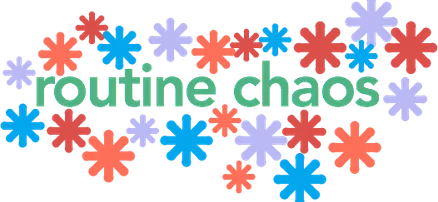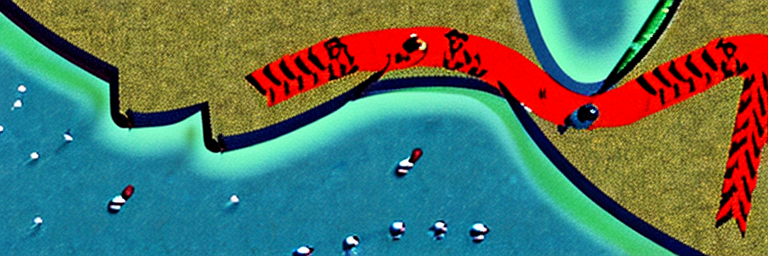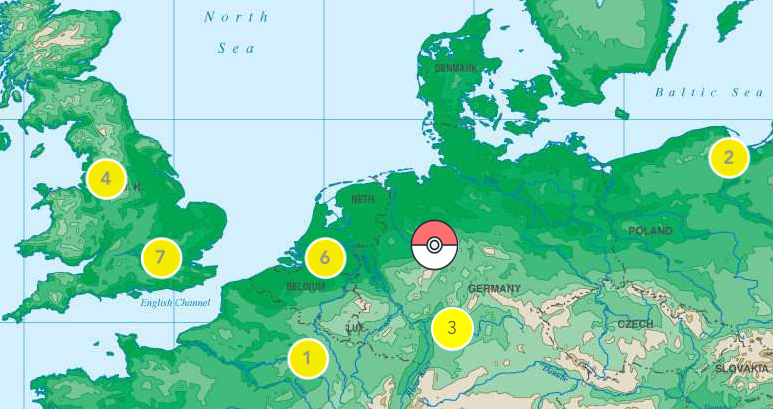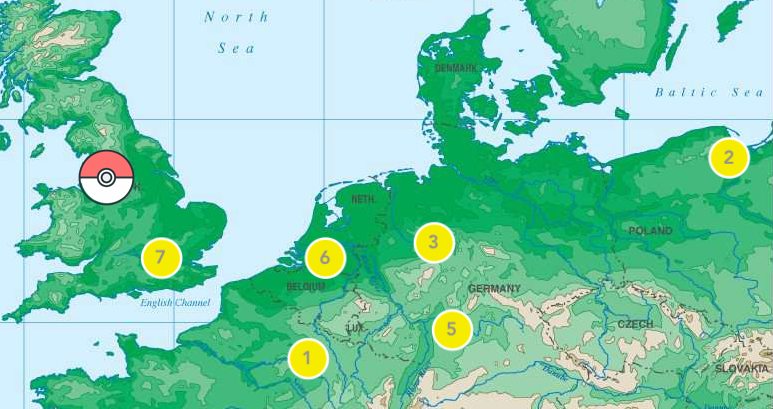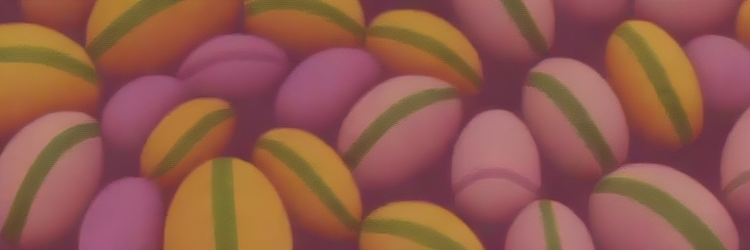So you want to read more books this year?
Several years ago now I had a horrifying realization: the number of books I was reading each year was less than the number of new books that I wanted to read that came out each year. I was left with a list of books I wanted to read that was growing longer every year, while my time on this Earth was growing shorter. I did some math; if I could read 50 books a year and live 50 more years, that meant I would only get through 2500 books (and, yes, both of those numbers are off by a bit - the former too high, the latter I hope is too low, but I was in the ballpark. My number of books before I die is a 4 digit number, and probably not a very big one). So I decided to shift my reading diet deliberately toward books, deprioritizing everything else. If you’re interested in doing the same, here are my top 4 tips on how to do it in declining order of significance.
1. Keep a running list of the books you want to read, and once a year make a list of the books you want to read in the next 12 months. This doesn’t have to be complicated - I used to do it in Notes, a few years ago I found that for all of the things Goodreads is not good for, it is very good for this. The big running list gives you a space to drop recommendations you receive, a title you come across in other browsing, the newest novel from your favorite author, etc. The yearly list acts as a declaration of intention - both how much you hope to read and some idea of what those books are. It also acts as a way to remove one of the biggest obstacles, the question of, “out of everything out there, what should I read?” When you’re stuck with that question, you pick something off of the list you made. You’re also not just stuck with that list. I have made it through all the books I put on the list; books not on my list at the beginning of the year have snuck in. Having 30 or so titles that I know I’ve declared some interest in has made it much easier for me to establish and maintain a book reading habit.
2. Get your social media apps off your phone. The first point is about declaring intention, the second is about not letting yourself screw it up (Kahnemann and Tversky’s elephant and rider, anyone?). To get into book reading, you have to recondition your appetite. Getting into a book will never be as easy as scrolling the timeline, so you have to introduce some friction for scrolling the timeline. When you have a few minutes of downtime, you will tend to pull something out and use it to occupy your mind (if not, there’s a pretty good chance that you don’t need a lick of this advice in the first place). Make it harder for that to be your feeds, make it easier for that to be your book of the moment.
3. Choose something fun to get started. Reading books is not just a habit of practice, but a habit of mind. If you’ve been spending your time in short form, if you’ve been doing a lot of social media, you have to build up the muscle of sustained attention and navigating complexity. So don’t start with the longest or most dense book on your list. I will confess: Jane Jacobs Death and Life of Great American Cities was on my list for 3 years before I actually got to it, and when I did I picked it up and put it down 3 times before I actually built up the momentum to get through it - even though I was into it immediately. The first chapter blew my mind, but the book as a whole just demanded a lot of mental energy. I read a lot of other books between the time I started that one and the time I finished it. So feel free to start off with something that you know you can get into pretty easily but will still find satisfying - for me, great genre fiction really scratches this itch.
4. Leverage the power of your library’s hold list. Maybe this is more of a pro tip? I don’t know, but here’s what I mean: the blessing and the curse of a book that you get on hold from the library is that you only have a fixed amount of time - usually 3-4 weeks - to read it. After that, back to the library it goes. Once you’ve made your annual list, jump on your library website and put a few of those titles on hold - especially the ones that you’re going to have to wait a while for. Here’s what ends up happening: at some point in the year, you’ll start to get lazy. You’ll get tired of just reading books all the time, you’ll want to stop. In fact, you probably will stop. (Yes, yes, you = me). And then you get an email from the library saying, “hey, this book you said you wanted to read - it’s available for you to read it, but you need to get it now, and you only have so long to finish it before we will demand it back.” And that kicks you back into gear.
Beyond that, there’s a lot of things I won’t weigh in on because they’re matters of taste. Here are some of them:
• Should I read multiple books in parallel or only one at a time?
• Should I listen to audiobooks?
• Should I read on an e-reader? (OK, maybe a brief weigh in here: try not to read on an LED screen. It really does fatigue your eyes. But I will remain mum on e-ink versus physical paper)
• Can I count romance novels, graphic novels, young adult novels? (No, actually I am going to weigh in on this: read what you like. Reading any book is better than not reading a book)

And if you’ve come this far with me today, I’ll share a bit of my 2020 reads:
• Most Engrossing: The Secret Commonwealth by Philip Pullman. There’s a lot of legwork necessary for this, the 5th Lyra Silvertongue book, to be engrossing. But this one connects back to the world of the *His Dark Materials* trilogy while building on the previous volume of The Book Of Dust with such immediacy that I turned into an anti-social punk for a few days, sitting in cafes reading and then trying to diagram the interplay of all the different characters, institutions, locations, and so on.
• Most Satisfying: Men We Reaped by Jesmyn Ward Satisfying feels like the wrong word to use for a book that is so devastating, but Ward’s ability to use the vulnerability of her memoir as a means of indictment of a whole system that neglects and overlooks Black people, and especially Black men, wrung every emotion out of me and left me feeling a heavier weight of civic responsibility than I had experienced in a long time.
• Most Surprising: China in Ten Words by Yu Hua This is the book I think I recommended the most this year, because it so approachable and so revealing. I did a lot of reading about China this year (even pre-covid), but it was only after reading this that I felt like I had the most basic understanding of the experience of the Cultural Revolution, rather than just the political and historical facts of it.
• Most Unexpectedly Relevant: How to Survive a Plague by David France I spent most of February working through this excellent history of the role of citizen science and activism in the AIDS crisis, and then spent a lot of the rest of the year watching a lot of the same lessons of the hubris and callousness of institutional science play out again.
• Most Laborious: The Mirror and the Light by Hilary Mantel. The conclusion to the Thomas Cromwell trilogy took me a month just to get through the first 150 pages...and then 3 weeks to get through the next 600. No shade on it being laborious - throughout the trilogy, I’ve always felt like Mantel has been masterful at getting the reader into Cromwell’s mind, and Cromwell’s work in this one is heavy and exhausting.
